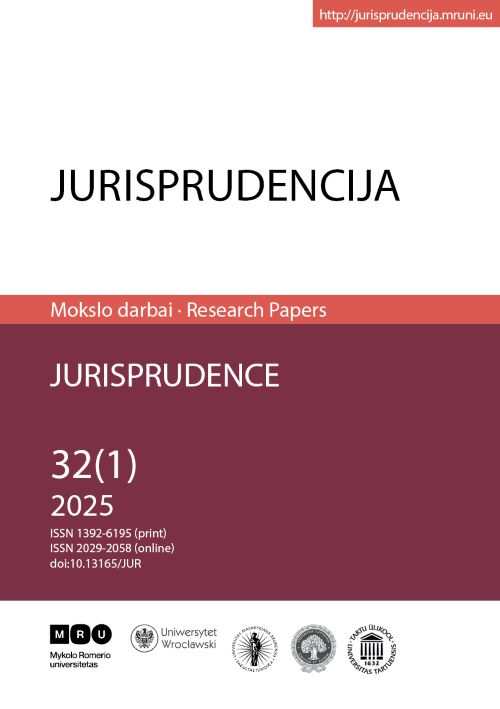DEMOCRACY AND THE COURTS
##plugins.themes.bootstrap3.article.main##
Abstract
Historically, the institute of representatives of the public (jurors) participating in court formations is more associated with the states of the common law (Anglo-Saxon) system, while the institute of representatives of the public, non-professional judges, began to take shape in the countries of Western Europe, based on the tradition of continental (Roman-Germanic; civil) law. The article discusses the involvement of the public in the administration of justice, and analyzes the experience of the countries of the European Union. The involvement of the public obviously increases the legal awareness of the public itself, therefore it is understandable that politicians want to return and develop the idea of allowing the public to “touch” the administration of justice more closely. There is no doubt that the institution of public representatives in the courts is a democratic tool that can help achieve goals - to show people that their decisions can contribute to the desired sense of justice. The article analyzes and emphasizes that it is important to evaluate not only the experience of democratically strong states in this area, but also the approach of post-Soviet states, because the legal consciousness of people is of paramount importance in the search for an acceptable model, which must be evaluated and taken into account.
Keywords: court, public representatives, justice, democracy.
##plugins.themes.bootstrap3.article.details##

This work is licensed under a Creative Commons Attribution 4.0 International License.
This is an open-access journal, which means that all content is freely available without charge to the user or their institution. Users are allowed to read, download, copy, distribute, print, search, or link to the full texts of the articles in this journal without asking prior permission from the publisher or the author. This follows the BOAI definition of open access. Authors contributing to Jurisprudence agree to publish their articles under a Creative Commons Attribution 4.0 International Public (CC BY) License (applicable from 2025).
![]() Authors retain copyright of their work, with first publication rights granted to the Association for Learning Technology.
Authors retain copyright of their work, with first publication rights granted to the Association for Learning Technology.
Please see Copyright and Licence Agreement for further details.







